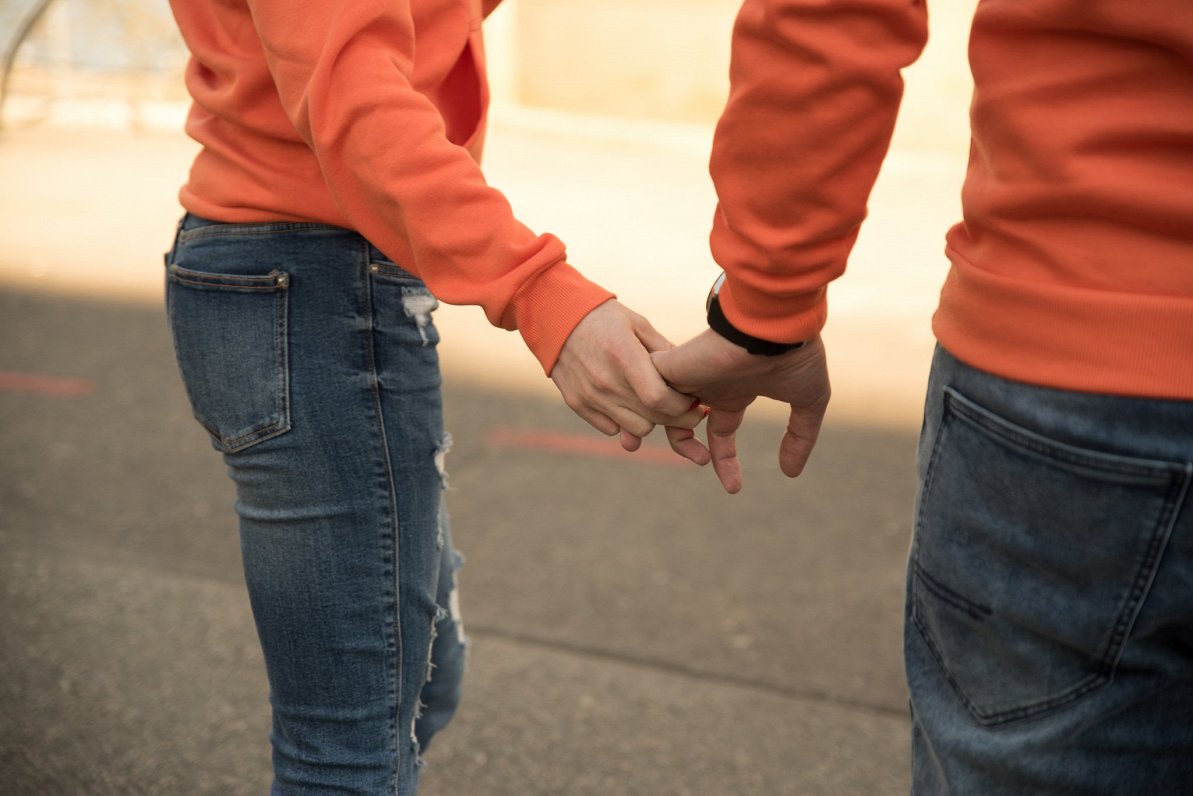Data from several studies and the way forward were discussed in a media briefing on Wednesday with government representatives, NGOs, and researchers present.
In 2021, in Latvia, 443 children were born to girls between the ages of 10 and 19, while in 2022, 31 abortions were performed on 15- to 17-year-old girls. Latvia is also second in the European Union (EU) in terms of the number of HIV transmissions. Unfortunately, data on child victims of sexual abuse is also on a growing trend. This is already a concrete consequence of the long-term absence of action in this area.
Meanwhile, the NGO “Dardedze” center released poll data on child sexual behavior among each other on Wednesday, which signals risky behavior.
"Comments or acts of a sexual nature are present in children's lives, in most cases at school. More often than not, meaning is not understood and is later assessed. Coercive actions have also been detected [..] with only a small proportion telling someone trusted about it and receiving support," Anda Avena, spokeswoman for the center Dardedze, said in a briefing, adding that once again, it can be concluded that it is an illusion that children without sexual education live in a somewhat more sheltered environment.
The results of a Rīga Stradiņš University study show that the second most popular method of protection among adults in Latvia is still interrupted sexual intercourse, which in case of luck can only protect against pregnancy, but at the same time, is a green light for transmission of sexually transmitted diseases.
This is only one part of the data, but the signs that society is in critical need of this type of education abound. Some of this is in the curriculum, but as seen, it's not enough.
The working group currently set up in the Ministry of Education and Science (IZM) is working on practical steps to implement sex education in the system. Experts urge policymakers to use existing programs that work in other countries where there is already an understanding of what should be taught for specific age groups.



























